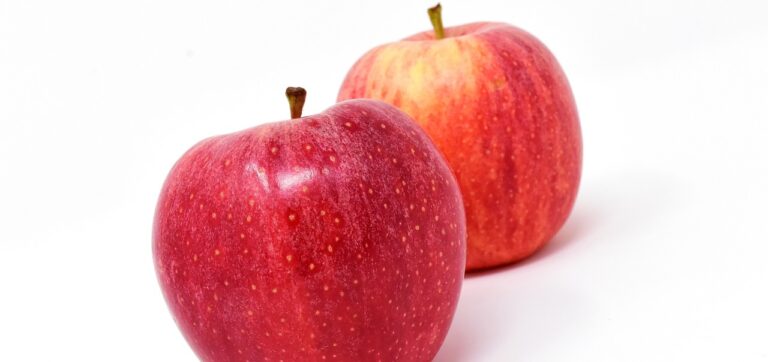The Role of Traditional Chinese Medicine in Respiratory Health
Respiratory health is a vital aspect of overall well-being, as it directly impacts the body’s ability to function optimally. The respiratory system is responsible for delivering oxygen to the body’s cells and removing carbon dioxide, playing a crucial role in sustaining life. Maintaining healthy lungs and airways is essential for ensuring proper oxygen exchange and supporting bodily functions.
Poor respiratory health can lead to a range of issues, such as shortness of breath, coughing, and chest discomfort. Conditions like asthma, chronic obstructive pulmonary disease (COPD), and respiratory infections can significantly impact an individual’s quality of life and overall health. By prioritizing respiratory health through regular exercise, avoiding exposure to harmful pollutants, and seeking prompt medical attention when needed, individuals can help safeguard their lungs and respiratory system for long-term well-being.
Understanding the Basics of Traditional Chinese Medicine
Traditional Chinese Medicine (TCM) is an ancient healing system that dates back thousands of years, focusing on the balance between yin and yang energies within the body. This balance is believed to be essential for maintaining good health and preventing illnesses. TCM views the body as a holistic entity, where physical, mental, and emotional well-being are interconnected.
One of the fundamental principles of TCM is the concept of Qi, often described as the body’s vital energy or life force. According to TCM philosophy, Qi flows through meridians or pathways in the body, nourishing organs and tissues. Any disruptions or blockages in the flow of Qi are believed to lead to various health issues. Acupuncture, herbal medicine, and other TCM modalities aim to restore the balance of Qi and promote the body’s natural healing processes.
What are the key principles of Traditional Chinese Medicine (TCM)?
The key principles of TCM include the concepts of yin and yang, the five elements, and the flow of Qi (energy) throughout the body.
How does TCM view respiratory health?
In TCM, respiratory health is viewed as essential for overall well-being, as the lungs are responsible for the intake of Qi and the distribution of oxygen throughout the body.
What are some common practices in TCM for improving respiratory health?
Some common practices in TCM for improving respiratory health include acupuncture, herbal remedies, cupping, and tai chi exercises.
How can TCM help with respiratory conditions such as asthma or bronchitis?
TCM can help with respiratory conditions by addressing the root cause of the issue and restoring balance to the body. Acupuncture and herbal remedies are often used to alleviate symptoms and promote healing.
Is TCM safe for everyone to try?
TCM is generally safe for most people, but it is important to consult with a qualified practitioner before starting any treatments, especially if you have underlying health conditions or are pregnant.
Can TCM be used in conjunction with Western medicine?
Yes, TCM can be used in conjunction with Western medicine to complement treatment and promote overall health and wellness. It is important to communicate with all healthcare providers to ensure a comprehensive approach to care.





